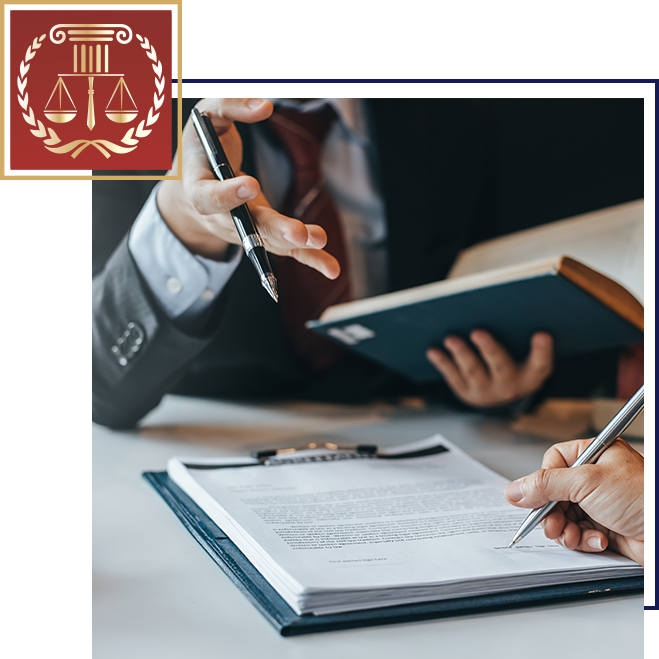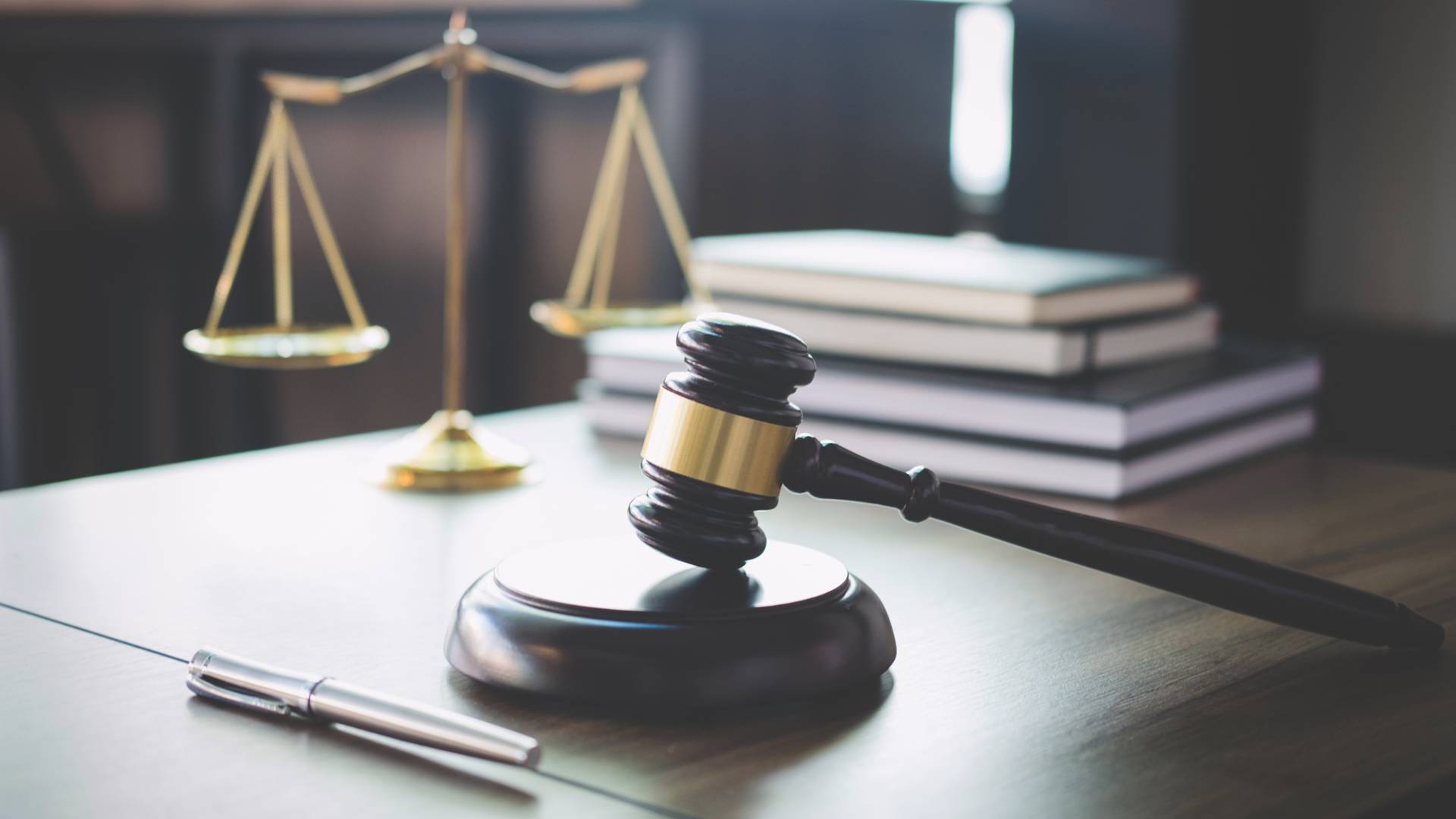
Forgery Defense Lawyer in Westwood
Helping Clients Accused of Forgery Norfolk County
Often, you will see criminal charges for forgery based on a forged check or other financial document. However, it is also a crime to forge a number of different legal documents including public records, notarizations, and court records. It is a crime to forge a will or deed. Making a forged check or a forged credit card is a violation of the forgery law.
It is against the law to forge, alter, falsely make, or counterfeit any of the following documents:
- Public record
- Public certificate
- Return or attestation of a clerk or register of a court, or public register
- Certificate of a notary public
- Return of a justice of the peace, town clerk or any other public officer
- Charter
- Deed
- Will
- Testament
- Bond or writing obligatory
- Power of attorney
- Insurance Policy
- Bill of lading
- Bill of exchange
- Promissory note; or an order
- Acquittance or discharge for money or other property
- Credit Card
- Traveler's Check
- Check
- An acceptance of a bill of exchange
- An endorsement or assignment of a bill of exchange
- Promissory note for the payment of money
- An accountable receipt for money, goods or other property
- Stock certificate
- Title to property (or evidence of a title to property)
- Certificate of title (or duplicate)
- Certificate issued in place of a duplicate certificate of title
- The registration book, entry book, or any indexes dealing with the Registration of Land
What Are the Laws Against Forgery in Massachusetts?
Forging any of the listed documents alone is not enough for someone to be found guilty of Forgery. To be guilty, the prosecution also must prove the forger’s intent. It is only a crime to forge these documents if it is done with the intent to injure or defraud someone (or a company, agency, or other legal entity). If someone forged one of these documents, with the intent to injure or defraud, they can be found guilty of the crime forgery.
Sometimes, the police or District Attorney’s Office may try to prosecute someone for forgery based on “circumstantial evidence.” This means that they do not have a witness or video that saw the person forging the document, but they may try to prove the forgery using other types of evidence and circumstances that can lead a judge or jury to infer that the person is guilty of forgery. For example, if someone uses a forged check, and the handwriting on the check matches the handwriting of the person using the check, they can try to prosecute that person for forgery even though they have no witnesses saying that they saw the person filling out the check.
What Can I Expect if I am Arrested for Forgery?
If you have been arrested, charged, or are under investigation for forgery, the police have already done a lot of work and collected evidence against you. The police may try to interview you about what happened. Always be careful when you are speaking to police about these or any criminal charges. You do not have to speak to them and, typically, they are only looking for you to incriminate yourself. You always have the right to have a lawyer with you before answering police questions. Police may also apply for a search warrant to look for evidence in your home or place of business.
Once you find out that you have been charged with forgery, are arrested for forgery, or are being investigated for forgery, police have likely already spoken to witnesses, viewed videos, obtained records, and collected other evidence against you. It is important to contact attorneys and begin developing your defense right away.

What Makes Our Firm Different?
We Don't Back Down From a Challenge

-
Local AttorneysOur firm consists of local attorneys who have worked in the area for years. Each attorney is familiar with the courts and has a great reputation within the legal field.
-
Free Initial ConsultationAt Eisenstadt Law, our firm offers a free initial consultation to learn more about your case and to ensure our team is the best fit for you.
-
Aggressive DefenseOur legal team does not back down from a challenge. We fight to ensure that the rights, futures and freedoms of our clients are protected.
-
Proven Track RecordOur attorneys have successfully helped thousands of clients reach a positive outcome in their cases. We have achieved this by using our experience and expertise to our advantage.
-
Accessible to ClientsWe are available 24/7 to best suit the needs of our clients. We pride ourselves on providing each of our clients and their cases with the personal attention and commitment that they deserve.

Client Success Stories
Read What Past Clients Had to Say
-
“They took their time and clearly explained the legal process and what their approach to the case would be. Needless to say, we hired Eisenstadt Law and could not have been more satisfied with their service.”- L.S.
-
“My friend was right to send me your way for my case. I never thought anyone could have gotten me out of trouble but you did it.”- J. S.
-
“We could not believe how quickly you were able to get our son out of jail and were even more impressed with how you were able to get the case thrown out. He was lucky to have lawyers like you on his side.”- J. & B. L.
-
“I thought I was going to lose everything I had until that first court hearing in probate court. The judge immediately agreed with Ed’s arguments and the next week, Joe had the restraining order dismissed.”- K. B.
-
“They reviewed the case with me and explained the legal issues more clearly than any of the other lawyers I had met with. When I eventually met Joe in court I knew that all three of these guys had what it took to defend me.”- R. S.
-
“I knew that I had not done the things that they charged me with but didn’t know how to prove it. I was going to lose my job if the complaint got issued in the clerk’s hearing so it was such a big deal that you kept the police from getting a com”- G. J.
-
“They were efficient and professional. My girlfriend would not stop charging me with false charges of assault and restraining order violations. The DA kept trying to hold me without bail but they didn’t let that happen! Thanks!”- D. L.
-
“We never had any doubt that we were in goods hands with Eisenstadt Law. Our legal matter was handled quickly and with with such care and attentiveness, we felt as if we were their only clients.”- S.S.


Why Clients Choose to Work With Us
Read How We Have Helped Previous Clients
-
Case Dismissed Assault and Battery
-
Case Dismissed Assault and Battery
-
Case Dismissed Assault and Battery with a Dangerous Weapon
-
Pre-trial Probation Breaking and Entering, Resisting Arrest, Disorderly Conduct
-
Not Guilty Domestic Assault and Battery
-
Case Dismissed Felony Larceny